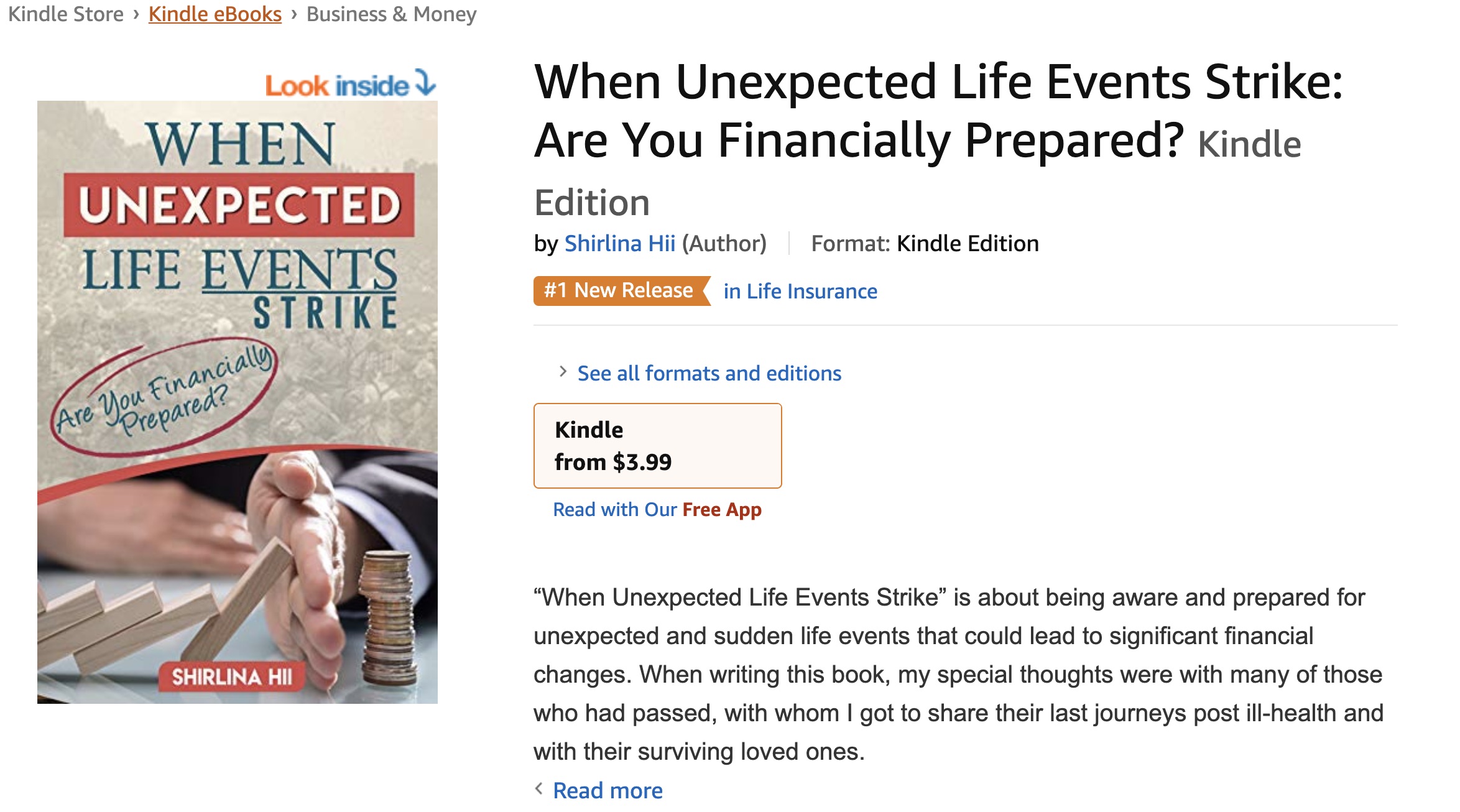This is a topic most people avoid discussing but how often do we come across families feuding after someone has passed away. Did it provoke your thoughts about what if the deceased had his/her affairs sorted out before passing?
Death is often judged as a taboo topic of conversation, along with politics, religions, money, etc. But the truth is that we all know we will pass away one day. This is, undoubtedly, an uncomfortable truth that no one likes to think about.
Notwithstanding the reluctance, getting things organised NOW for when you pass away could make things much easier for your loved ones when the time comes. By being organised, you could alleviate the distress your passing could cause to your loved ones and please do imagine the burden they will be left with.
Naturally when someone passes away, their loved ones will be faced with different questions in which they may not have the answers. But if you are organised and prepared, you can provide them with many of the answers in advance.
Although sharing your wishes including your end-of-life administration with your loved ones is not the most elevating conversation, it can help the “aftermath” process to be less painful to the ones you leave behind.
Following are, but not limited to, some steps you can do now to get organised:
- Draw up a Will and have it legally validated. Do not worry as you can always revoke your original or previous Will.
- Consider a durable or Medical Power of Attorney. This allows you to instruct what healthcare treatments you would like to have, or refuse should you be in a position where you are incapacitated to make your own decision.
- Make sure the nominated beneficiaries in your retirement savings account and your life insurance policies are current and accurate.
- Keep records of your bank accounts, all investments and assets in one place so it is easier for your loved ones to sort through when it becomes necessary.
- Always keep aside sufficient easy-to-access money to cover your funeral and the immediate on-going living expenses for your loved ones. Remember, it takes time to process your estate.
Before drawing a Will, do share your intentions with your loved ones or your family members. Clearly this is an awkward conversation, but it is better to discuss things over a family meeting than in an emergency room, if you are given that chance. Many did not make it to the emergency room.
Again, just a few suggestions on the topics to discuss:
- Who do you want to be the guardian of your children?
- Who will take care of your aged parents?
- Who will take care of your pets?
- If you have an extended stay in hospital, do you have a preference for hospitals and treatments?
- Would you prefer a cremation or a burial? Any preferences for the music, readings, flowers, venue, etc?
- What about your preferences for your valuable belongings?
To this point, if it is all too hard for you, I strongly recommend seeking expert advice to ensure your assets are passed to the right hands in the most efficient and tax-effective manner. Without a doubt, your Will must be clear and valid, so it is not subject to legal challenge. Should you have a change in your marital status or having patchwork families, expert advice could also help you to ensure that the interests of vulnerable family members are protected, and that your wishes are executed as you want.
Please do not be superstitious but start organising! I drew up my first Will some 25 years ago and since I have revoked my original Will and replaced it with the most current Will as my circumstances change. I have also drawn up a Power of Attorney 19 years ago and that remains current as I write.

